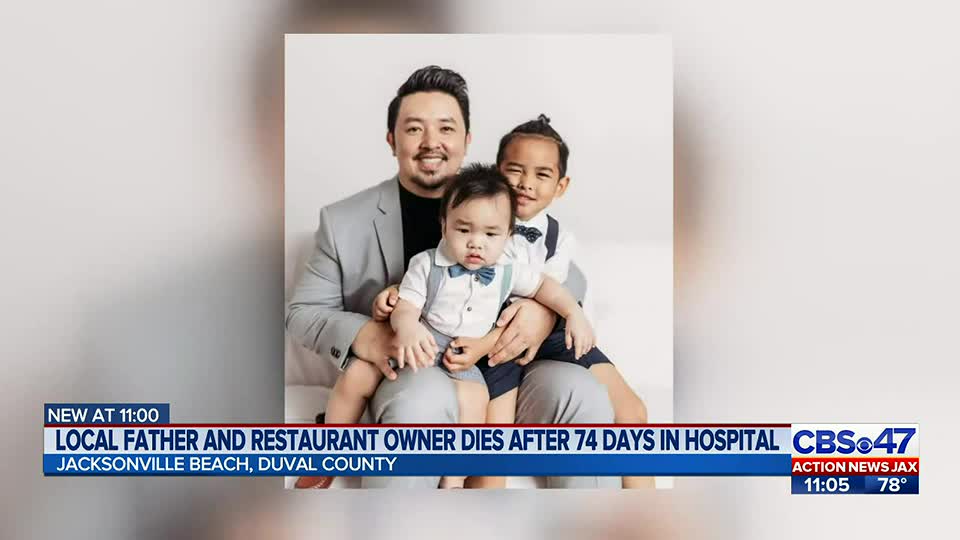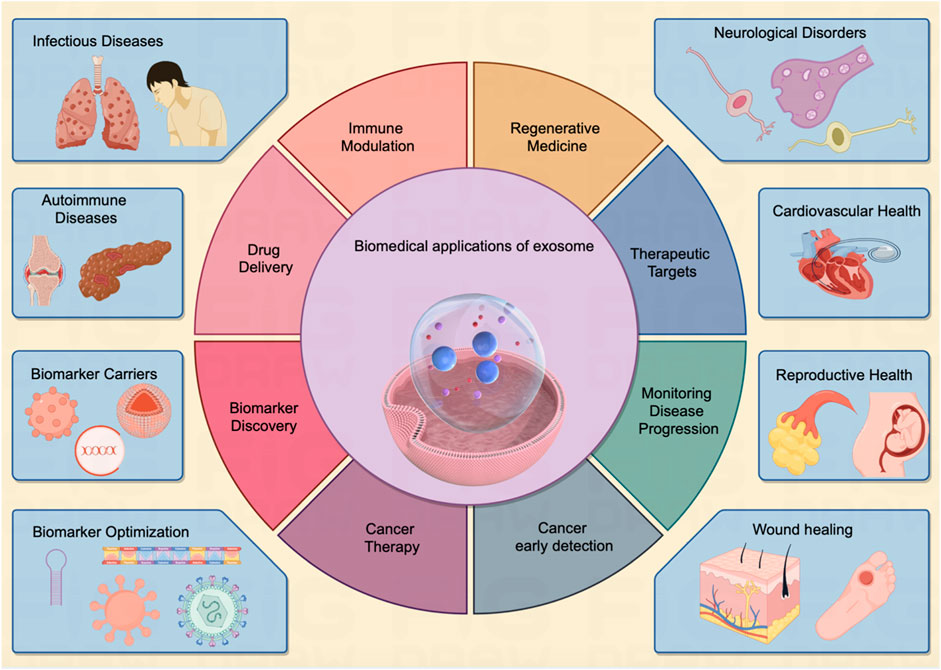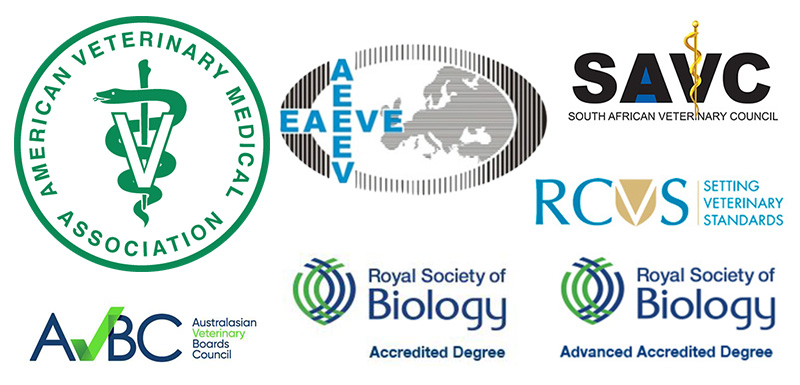Report on the Life and Activism of Lori Cannon and Her Contributions to Sustainable Development Goals
A report on the passing of Lori Cannon, a prominent Chicago activist who dedicated her life to supporting the LGBTQ+ community and individuals affected by HIV/AIDS. Her work significantly advanced several United Nations Sustainable Development Goals (SDGs) through grassroots organizing, advocacy, and direct community support. Cannon passed away at her home at the age of 74.
Introduction and Early Activism
Born in Chicago and educated at Columbia University in New York, Lori Cannon became a central figure in Chicago’s gay and lesbian activist community in the mid-1980s. Her initial foray into activism was as a volunteer for Chicago House, the city’s first agency providing housing for people with AIDS.
Initial Involvement and Alignment with SDG 3 and SDG 10
Cannon’s early work at Chicago House laid the groundwork for her lifelong commitment to community health and equality. Her efforts directly supported the principles of several SDGs.
- SDG 3 (Good Health and Well-being): By helping to provide stable housing and personal care for people with AIDS during the earliest days of the epidemic, she addressed critical health determinants for a vulnerable population.
- SDG 10 (Reduced Inequalities): Cannon worked to counteract the stigma and discrimination faced by people with HIV/AIDS and the LGBTQ+ community by building systems of support and fostering a sense of community through shared meals and activities.
- SDG 11 (Sustainable Cities and Communities): Her mobilization of volunteers and resources helped create a more inclusive and supportive community infrastructure in Chicago.
Founding of Key Organizations and Advocacy
Cannon’s activism evolved from direct volunteering to founding and leading organizations that provided essential services and challenged institutional inaction.
The NAMES Project and Public Awareness
After attending the 1987 National March on Washington for Gay and Lesbian Rights, Cannon was instrumental in establishing a Chicago chapter of the NAMES Project. She helped bring the AIDS Memorial Quilt to the city, an act of public education and memorialization that raised critical awareness and supported the public health objectives of SDG 3.
ACT UP/Chicago and a Call for Institutional Accountability (SDG 16)
As the AIDS crisis intensified, Cannon became a key organizer for ACT UP/Chicago. This group utilized direct-action protests to challenge the indifference of government and societal institutions. This advocacy for accountability and responsive governance is a core tenet of SDG 16 (Peace, Justice and Strong Institutions), as it demanded that public institutions fulfill their duty to protect all citizens.
Open Hand Chicago and GroceryLand: Addressing SDG 2 and SDG 3
In 1988, Cannon co-founded Open Hand Chicago, a meal delivery service for people with AIDS who were often too ill to provide for themselves. This initiative represented a direct and impactful contribution to multiple SDGs.
- The program directly combated food insecurity and malnutrition, fulfilling the mission of SDG 2 (Zero Hunger).
- By providing nutritious, ready-to-eat meals, it delivered essential support for the health of immunocompromised individuals, making a vital contribution to SDG 3 (Good Health and Well-being).
Open Hand Chicago grew to serve over 1,200 people daily. Cannon later expanded this effort by opening the GroceryLand food pantry, further cementing her commitment to eradicating hunger within her community.
Legacy and Continued Impact on Sustainable Development
Lori Cannon’s legacy is one of profound and tangible impact, creating a support network that addressed multiple facets of sustainable development. Her volunteerism extended to numerous organizations, including the AIDS Legal Counsel of Chicago, STOP AIDS Chicago, and Howard Brown Health.
Enduring Contributions to Community Well-being
Cannon’s work established a durable framework for community care that continues to serve residents today. The recent decision to keep the GroceryLand pantry open, following a public outcry against its potential closure, underscores the lasting importance of the institutions she helped build. Her co-founding of the Legacy Project, which honors LGBTQ+ history, further contributes to building an inclusive and educated society. Through her tireless dedication, Lori Cannon advanced the goals of creating a world with zero hunger (SDG 2), good health (SDG 3), reduced inequalities (SDG 10), and just, inclusive communities (SDG 11, SDG 16).
1. SDGs Addressed in the Article
SDG 2: Zero Hunger
- The article highlights Lori Cannon’s work in combating hunger among people with AIDS. She co-founded Open Hand Chicago, a “meals-on-wheels program for people with AIDS,” which delivered “hot ready-to-eat evening dinners and box lunches” to those in need. This initiative later expanded to include the GroceryLand food pantry.
SDG 3: Good Health and Well-being
- The central theme of the article is the response to the HIV/AIDS epidemic. Cannon’s activism and support services were aimed at a community devastated by AIDS. Her work with Chicago House, Open Hand Chicago, and her volunteering at Howard Brown Health and the AIDS care unit at Advocate Illinois Masonic Medical Center directly relate to providing care and support for people with a major communicable disease.
SDG 10: Reduced Inequalities
- The article describes the fight for the rights and dignity of the LGBTQ+ community and people living with HIV/AIDS, who faced severe stigma and indifference. Cannon’s activism with ACT UP/Chicago challenged the “government’s and society’s indifference” and fought for the inclusion and recognition of a marginalized community.
SDG 11: Sustainable Cities and Communities
- Cannon’s early volunteer work with Chicago House, described as “the first local agency to provide housing to people with AIDS,” directly addresses the need for safe and adequate housing for vulnerable populations within a city. The support extended beyond housing to include basic services like personal care, shopping, and laundry.
SDG 16: Peace, Justice and Strong Institutions
- The article details the activism of ACT UP/Chicago, which used “guerilla tactics and street ‘zaps’ to challenge the political indifference of the establishment.” This represents a civil society effort to hold institutions accountable and demand a responsive government during a public health crisis.
2. Specific Targets Identified
-
Target 2.1: End hunger and ensure access to safe, nutritious and sufficient food.
- This target is addressed through the creation of Open Hand Chicago, which provided meals to over 1,200 people with AIDS, and the establishment of the GroceryLand food pantry to ensure a consistent food supply for this vulnerable group.
-
Target 3.3: End the epidemics of AIDS, tuberculosis, malaria and other communicable diseases.
- The article is set against the backdrop of the AIDS epidemic. All of Cannon’s efforts, from providing housing and food to activism and volunteering in healthcare settings, were part of a community-led response to combat the epidemic and support those affected.
-
Target 10.2: Empower and promote the social, economic and political inclusion of all.
- Cannon’s work aimed to empower and support the LGBTQ+ community and people with HIV, who were socially and politically excluded. By creating support systems like Chicago House and Open Hand Chicago, she fostered community and inclusion. Her co-founding of the Legacy Project also promoted the history and culture of the LGBTQ+ community.
-
Target 11.1: Ensure access for all to adequate, safe and affordable housing and basic services.
- The article explicitly mentions Cannon’s work with Chicago House, an agency founded to provide housing and essential support services (personal care, meals, laundry) to people with AIDS who were often left without shelter or care.
-
Target 16.7: Ensure responsive, inclusive, participatory and representative decision-making.
- The activism of ACT UP/Chicago, which Cannon helped organize, was a direct response to a lack of government action. The protests were a form of participatory action demanding that institutions become responsive to the needs of the community affected by the AIDS crisis.
3. Implied Indicators for Measuring Progress
-
For Target 2.1 (End Hunger):
- Number of people receiving food assistance: The article states that Open Hand Chicago delivered meals “to over 1,200 people suffering from AIDS.”
- Number of volunteers engaged in food distribution: The program grew to involve “an army of 400 volunteers who turned out seven days a week.”
- Number of food distribution points established: The creation of the GroceryLand food pantry serves as an indicator of institutionalized food support.
-
For Target 3.3 (End AIDS Epidemic):
- Prevalence of community-based care and support systems: The existence and scope of organizations like Chicago House, Open Hand Chicago, and volunteer efforts at Howard Brown Health serve as indicators of the community’s response to the health crisis.
-
For Target 10.2 (Reduce Inequalities):
- Number of community-led organizations supporting marginalized groups: The article mentions the founding of Chicago House, Open Hand Chicago, the local chapter of the NAMES Project, and the Legacy Project as indicators of community empowerment.
- Level of public activism and advocacy: The organization of “street activism of ACT UP/Chicago” indicates efforts to fight for political inclusion and challenge societal indifference.
-
For Target 11.1 (Access to Housing):
- Number of housing units or agencies for vulnerable populations: The establishment of Chicago House as the “first local agency to provide housing to people with AIDS” is a direct indicator.
- Availability of integrated basic services for residents: The provision of “personal care, shopping, and laundry” alongside housing indicates the quality and adequacy of the support.
4. Summary Table of SDGs, Targets, and Indicators
| SDGs | Targets | Indicators (Implied from the Article) |
|---|---|---|
| SDG 2: Zero Hunger | 2.1: End hunger and ensure access by all people, in particular the poor and people in vulnerable situations, to safe, nutritious and sufficient food. |
|
| SDG 3: Good Health and Well-being | 3.3: End the epidemics of AIDS and other communicable diseases. |
|
| SDG 10: Reduced Inequalities | 10.2: Empower and promote the social, economic and political inclusion of all, irrespective of status. |
|
| SDG 11: Sustainable Cities and Communities | 11.1: Ensure access for all to adequate, safe and affordable housing and basic services. |
|
| SDG 16: Peace, Justice and Strong Institutions | 16.7: Ensure responsive, inclusive, participatory and representative decision-making. |
|
Source: cbsnews.com







